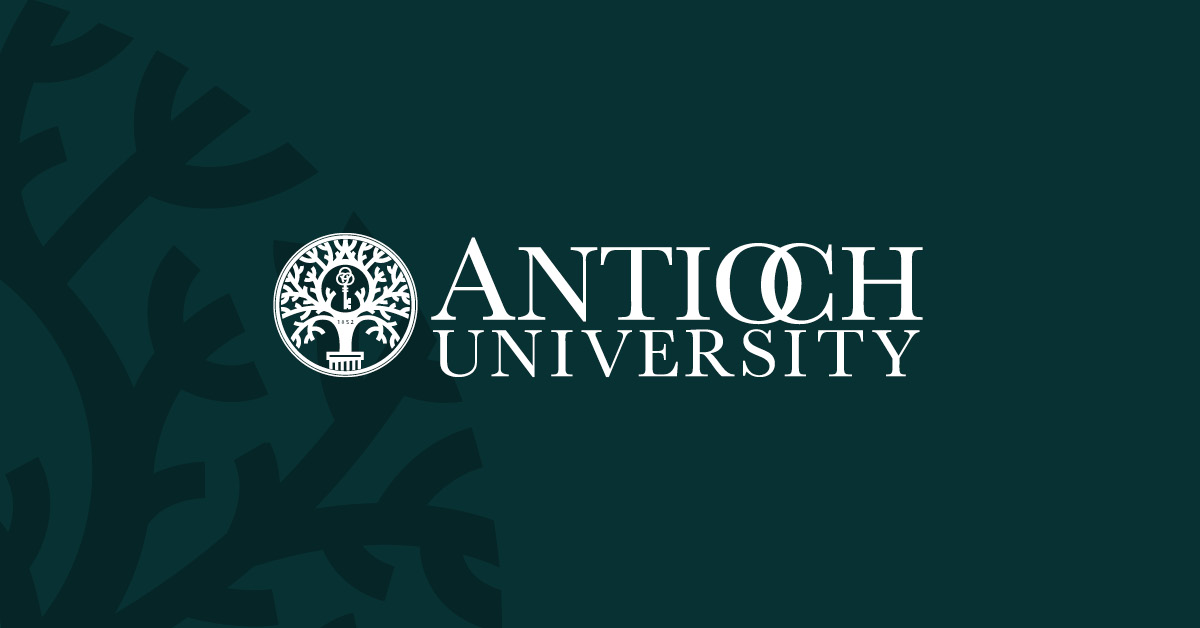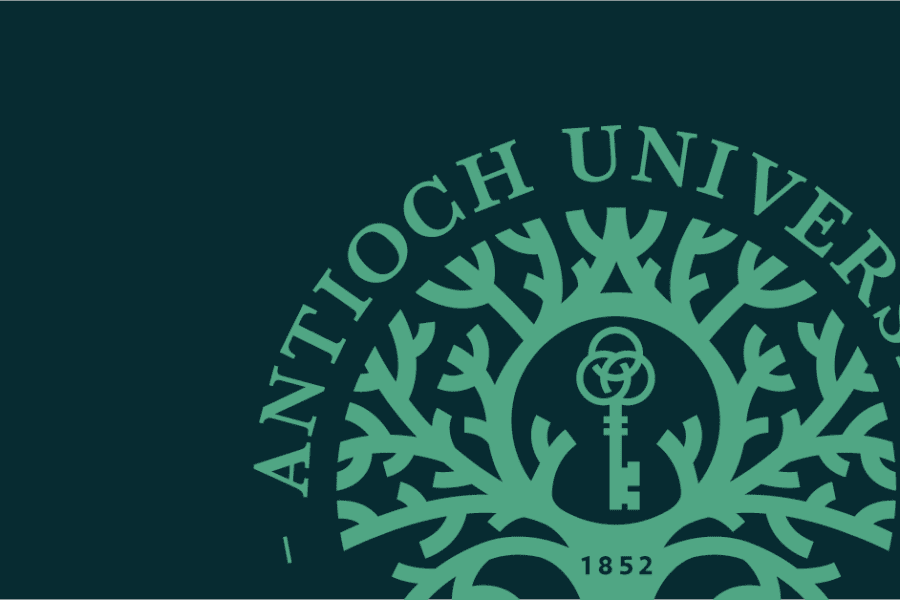 Arturo Sande had a long background in filmmaking before wanting to teach his craft. Once he began working in the classroom, he quickly learned he’d like to combine his passion for teaching with socially-conscious projects. One of those projects helped him realize his calling and led him on the path to earning his PhD at Antioch University’s Graduate School for Leadership and Change.
Arturo Sande had a long background in filmmaking before wanting to teach his craft. Once he began working in the classroom, he quickly learned he’d like to combine his passion for teaching with socially-conscious projects. One of those projects helped him realize his calling and led him on the path to earning his PhD at Antioch University’s Graduate School for Leadership and Change.
After serving in the military and earning his bachelor’s degree in mass communications, Sande began working in broadcasting as a producer and writer. During his career, he worked with such major networks as PBS, Lifetime Television, and Telemundo. He co-produced and collaborated on several award-winning short films—one which earned the John Muir award—that were screened at film festivals around the U.S. and he served as a member of the jury for The Miami International Film Festival.
After a decade of working in the industry, he taught a couple of courses in production and media. “I fell in love with teaching. I found a lot of passion there. I only had my bachelor’s and I wanted to teach at the college level,” he said.
He discovered the low-residency MFA in Creative Writing program at Antioch University Los Angeles and went on to earn his master’s there. “I did it mostly to be able to teach, specifically scriptwriting, but creative writing and literature as well,” he said.
Instead, he began teaching a filmmaking program for high school students, visiting classrooms in the Miami Dade County public school system a couple of days a week. It was while he was teaching this program he was approached to create a documentary focusing on a group of adults with autism spectrum disorder who were participating in a program that helped find them real-world employment as bakers. Called the J.R.E. Lee Baking Program, it was created as a part of a superintendent’s initiative to help autistic and disabled students lead independent lives.
At that point, Sande was already working with Brendan Santidrian, an autistic student who had participated in his Florida Film Institute summer camp. Santridian had been an editor for Sande’s company for the past year and a half. At a young age, Santidrian was diagnosed with high functioning autism. Sande became his mentor.
“He became an integral part of the process of shooting and editing,” said Sande of Santridrian’s work on the documentary film I Am Like You. The short film, directed by Sande, was filmed by his class at the Center of Cinematography Arts & Television and edited by Santidrian.
Santidrian, now working on an hour-long documentary, wants to work as a full-time film editor. “There’s a lot of stigma with autism. I learned through this process how important it is to see these students thrive,” Sande said.
He chose the documentary film format for his work because it promotes critical thinking. “It’s not rehearsed – it’s about the transferring of emotions to the (viewing) audience. Documentary film tells stories that challenge us and make us ask questions,” he said.
Entering his second year as a PhD student in Leadership and Change, Sande started a similar program to the one highlighted in the documentary. It is based on the same template, but featuring autistic students who want to work in film. He talks to students about where their skills lie and works with them on a plan to implement them in the professional world. “There’s a lot of misinformation out there and a lack of opportunities because no one is taking the time to determine what they can create,” Sande said.
He expressed his awe of his Antioch classmates, whom he feels have more experience and are more advanced in the program. “I’m very grateful for the environment Antioch creates, putting people together like this,” he said.
In addition to the film and television scripts he is developing, Sande’s ultimate goal is to create a documentary filmmaking course that focuses on leadership through artistic expression. He envisions this leadership course as a model that could help future generations find common ground and be applied in any population—at companies, nonprofit organizations—around the world, and he’d like to write a book about the experience.
“I think I could contribute in changing mechanisms,” he said, “and lending a voice to alter things a little for the best outcome.”





